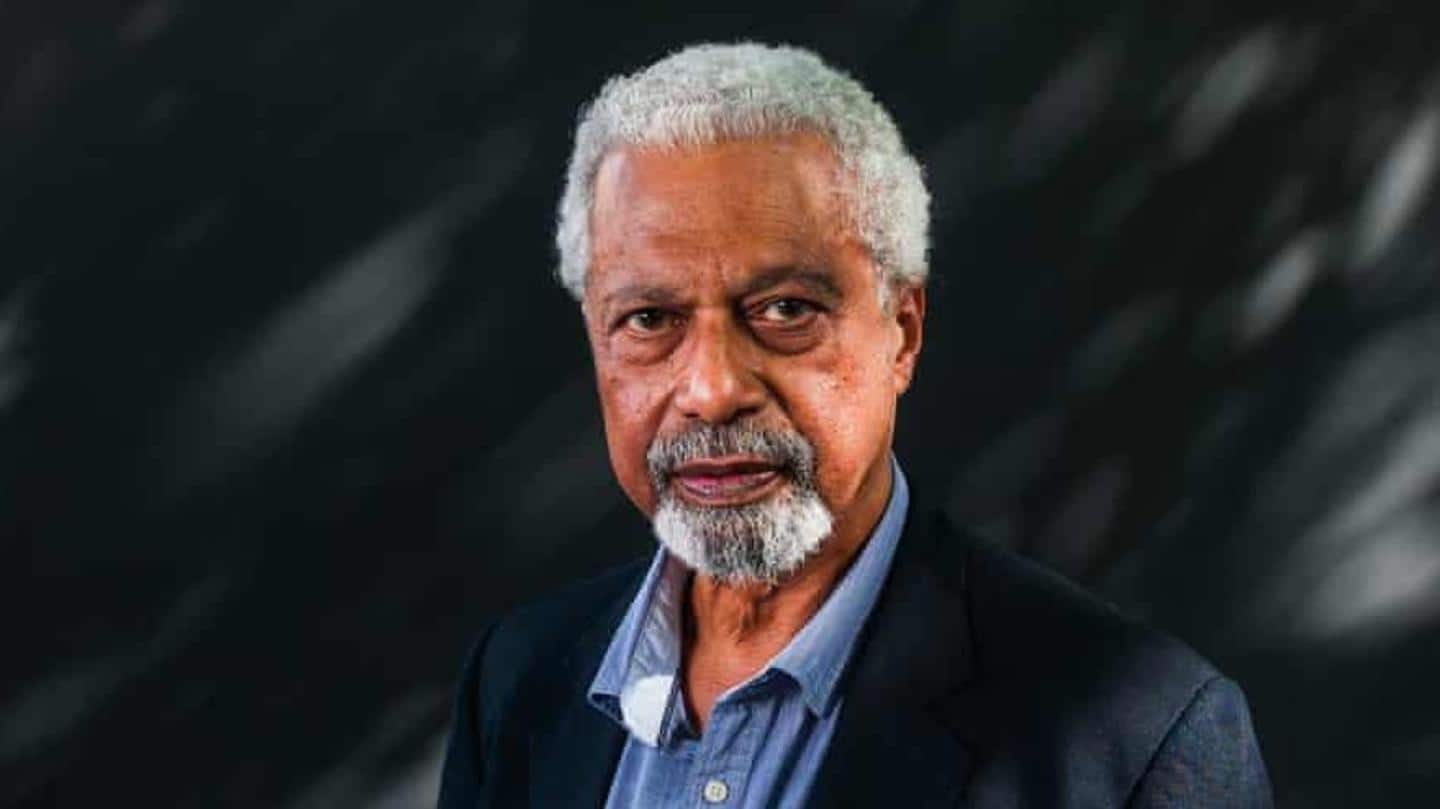
Tanzanian novelist Abdulrazak Gurnah wins 2021 Nobel Literature Prize
What's the story
The 2021 Nobel Prize in Literature went to Tanzanian novelist Abdulrazak Gurnah for his "uncompromising and compassionate" works depicting the impact of colonialism, the Swedish Academy announced on Thursday.
Earlier this week, the Nobel honors for the fields of Medicine, Physics, and Chemistry were announced.
The coveted Nobel Peace Prize is to be announced on Friday.
Here are more details.
Details
'Gurnah's dedication to truth, aversion to simplification are striking'
The Academy said, "Abdulrazak Gurnah's dedication to truth and his aversion to simplification are striking. His novels recoil from stereotypical descriptions and open our gaze to a culturally diversified East Africa unfamiliar to many in other parts of the world."
"An unending exploration driven by intellectual passion is present in all his books, and equally prominent now in 'Afterlives' (2020)...."
Twitter Post
'In Gurnah's literary universe, everything is shifting'
In Gurnah’s literary universe, everything is shifting – memories, names, identities. An unending exploration driven by intellectual passion is present in all his books, and equally prominent now in ‘Afterlives’ (2020), as when he began writing as a 21-year-old refugee.
— The Nobel Prize (@NobelPrize) October 7, 2021
Prize
'Among world's most prominent post-colonial writers'
The Nobel Prize comes with a gold medal and 10 million Swedish kronor (over $1.14 million).
The chairperson of the Nobel Committee for literature, Anders Olsson, described Gurnah as "one of the world's most prominent post-colonial writers."
The prize money is awarded using a bequest left by the creator of the Nobel Prize, Alfred Nobel, who died in 1895.
Life
Gurnah arrived in England as a refugee in '60s
Gurnah was born in Zanzibar in 1948. He is currently based in England, where he is a Professor at the University of Kent.
He had arrived in England as a refugee in the late 1960s.
He has authored 10 novels along with several short stories, most of which have a running theme of the refugee's disruption.
Work
Gurnah's fourth novel 'Paradise' marked his breakthrough
Gurnah's fourth novel Paradise marked his breakthrough as a writer.
Written after a research trip to East Africa around 1990, the book is a "coming-of-age account and a sad love story in which different worlds and belief systems collide," said the jury for the Nobel Prize.
The book was even shortlisted for the Booker Prize in 1994.